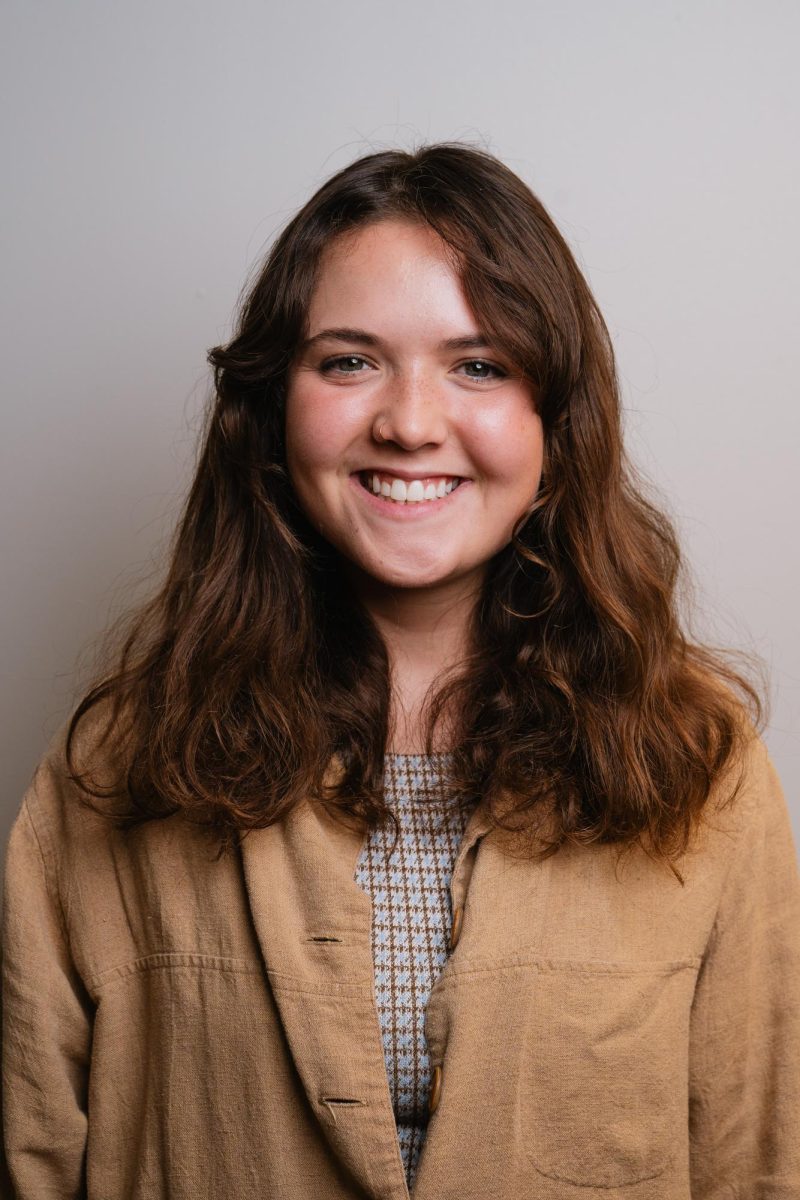AP: ‘CSI,’ ‘Law & Order’ prepare jurors for unrealistic forensic expectations
January 17, 2006
Reality TV they are not, but two hit shows are so convincing as imitations of life in the criminal justice system that some legal experts worry they’re distorting the expectations of real jurors.
The influence of the “CSI: Crime Scene Investigation” and “Law & Order” franchises has permeated American law. Lawyers ask would-be jurors whether they watch the shows and then change strategies depending on the answers. Law schools maintain video libraries of the programs as teaching tools and even analyze the plot lines in class.
Which side benefits the most – prosecutors or defense attorneys – is debatable. While “Law & Order” glamorizes prosecutors, “CSI” can set standards for the infallibility of forensic evidence that prosecutors can’t often meet – a science-solves-all formula that millions of viewers may bring to jury service.
There is no debating, however, one clear, very widespread result of these programs: The justice system is now facing what legal experts call, “the CSI effect,” a TV-bred demand by jurors for high tech, indisputable forensic evidence before they will convict.
“These programs have a potential for great mischief but also for great learning,” said Laurie Levenson, a Loyola University (Los Angeles) Law School professor who discusses “Law & Order” in her classes and whose school maintains a library of episodes.
“CSI” dominates network rankings for CBS with versions set in Las Vegas, Miami and New York, while “Law & Order” and its spinoffs are an NBC stalwart. Both occupy many hours each day on cable. A single first-run episode of “CSI’ can draw 26 million viewers while a “Law & Order” episode averages 11.4 million. Multiply that by spinoffs and cable reruns, throw in other crime-based series, and there’s a virtual world of crime-show junkies who could end up deciding guilt or innocence in real trials.
“The expectations of jurors are more elevated,” said Elissa Mayo, assistant lab director for the California Attorney General’s Bureau of Forensic Services. “They think that we have all the space-age equipment that they see on TV.”
In response, scholarly law journals have included articles suggesting that prosecutors warn jurors at the outset that it can be very difficult to obtain forensic evidence and that circumstantial evidence is sufficient to prove a case.
The problem is that many cases have little forensic evidence, notes Michael Asimow, a UCLA law professor who teaches a course on law and popular culture.
“Shows like ‘CSI’ are teaching people that without forensic evidence you can’t convict anybody,” Asimow said.
In Baltimore, for example, less than 10 percent of homicide cases in the state attorney’s office in 2004 involved fingerprint or DNA evidence. Evidence, instead, often was circumstantial or reliant on eyewitnesses.
In one case, an 11-year-old girl pointed at a defendant and said, “That’s the man who shot my father.” But jurors found him not guilty. One later explained: “I would have liked to see some evidence, like finding the gun with fingerprints.”
Defense attorney Thomas Mesereau Jr., who won acquittal for Michael Jackson on child molestation charges, said he doesn’t object to jurors being educated by TV.
“I think we’re better off if the public understands what techniques are available,” Mesereau said. “I would like to think that [juries] know a lot of these shows are pure fantasy.”
But sometimes that fantasy does alter the reality of a case.
Last year in Texas, the conviction of Andrea Yates in the drowning deaths of her five children was reversed because of an error involving “Law & Order.”
Forensic psychiatrist Dr. Park Dietz, a key prosecution witness and one-time consultant for the show, testified that an episode in which a woman drowned her children in a bathtub aired before the Yates killings.
Prosecutors suggested Yates concluded from that episode that she could get away with the murders. However, it turned out, there was no such episode and Dietz has admitted he was mistaken.
In reversing Yates’ conviction, an appeals court said his testimony could have affected the judgment of the jury.
















